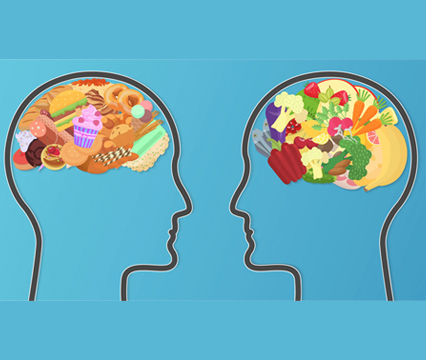Effects of eggs and egg components on cognitive performance, glycemic response, and subjective appetite in children aged 9–14 Years (P14-017-19)
This 2019 study investigated the impact of consuming eggs on cognitive performance, glycemic response, and appetite in children. The authors wanted to address the limited data available on the effects of protein and fat on cognitive performance in children. In this randomized trial, 19 children were either given whole eggs, egg whites, egg yolks, or yogurt. The children had fasted for 3 hours before receiving each treatment. The control group continued to fast instead of consuming food. Cognitive performance, blood glucose, and appetite were assessed at baseline and at several time points post-treatment (15, 30, 60, 90 minutes). The cognitive performance tests evaluated memory, learning, attention, executive functioning, and spatial working memory. Word recall, which examines learning and memory, was higher after egg yolk consumption compared with egg white intake. Children achieved significantly higher cognitive processing test scores after eating egg yolks, compared with whole eggs, egg whites, and yoghurt. Based on the children’s glucose levels, the average deviation in blood sugar levels from baseline was lower after eating yoghurt, compared with egg yolks and egg whites. Plasma glucose levels were also lower after whole egg intake relative to egg yolk consumption. These results indicate that eating egg yolks may positively influence cognitive performance in children. [NPID: eggs, nutrition, diet, memory, cognition, cognitive performance, children, proteins, fats, egg yolks, egg whites]
Year: 2019

 Navigation
Navigation






